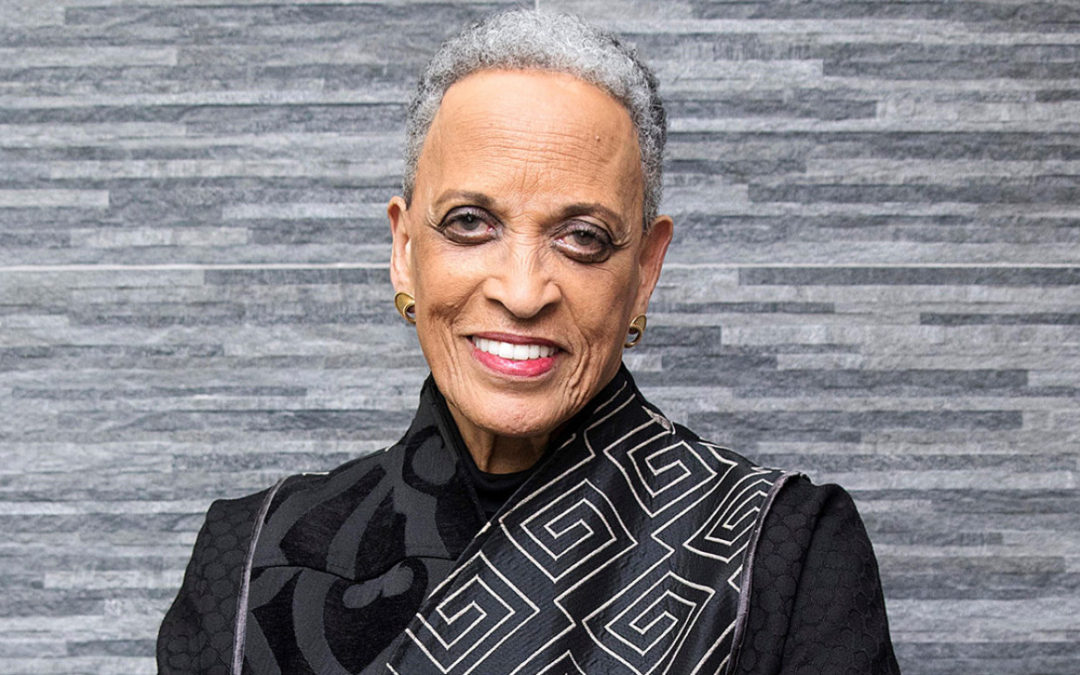
 Written by Johnnetta Betsch Cole, Ph.D.
Written by Johnnetta Betsch Cole, Ph.D.
Florida’s Board of Education’s new “academic standards” require middle school children to learn “how slaves developed skills which in some instances could be applied for their personal benefit.” As a professor of Anthropology with a specialization in African studies that includes knowledge about the enslavement of 12 million African people, and as a lifelong educator, I am writing to share facts that dispute the lies in these “academic standards” and to indicate why these “academic standards” harm all of Florida’s children.
FACT #1: Africans knew how to farm before they were enslaved.
During the 1700s, the White American colonists in the states of South Carolina and Georgia discovered that rice would grow well in the moist, semitropical county bordering their coastline. However, these Colonists had no experience in how to cultivate rice, and they forced enslaved African people who knew how to plant, harvest, and process this difficult crop to do so. The facts are clear: enslaved people did not have to learn how to farm the land they were forced to cultivate and harvest. They brought those skills with them from their homelands in Africa. When they were able to use those skills in planting and harvesting a few crops for themselves, that was hardly “a benefit” that could in anyway justify or soften the brutality of enslavement. Rich, White American enslavers were the primary individuals who benefitted from enslaving Black people. The other group that benefitted were poor White people, because the myth of White supremacy allowed them to feel superior to Black people, a psychological benefit that continues today. It is cruel to even suggest that enslaved Africans who showed enslavers how to plant and harvest rice along what is known as the Gullah-Geechee corridor in North Carolina, South Carolina, Georgia, and Florida benefitted from practices and skills they already knew.
FACT #2: Africans had maritime and fishing knowledge and practices before they were enslaved.
Many of the African people who were captured and inhumanely brought through the middle passage to what would become the United States of America came from countries that had ancient maritime traditions and practices. There is archaeological evidence of Africa’s global maritime affairs that go back to an era that ended around 3300 B. C. And many of the African people who were enslaved and brought to America came from areas of the continent where fishing was an important source of food. When enslaved Africans from coastal areas of the continent fished for themselves and their families, that was hardly a “benefit” from being enslaved.
FACT#3: West African people had a long history of ironmaking before enslavement.
Blacksmiths were respected and often honored in countries from which Africans were enslaved and brought to America. The Nok people of Nigeria practiced the art of ironworking in the sixth century, a skill that contributed to the growth of societies that supported the development of large kingdoms which spread across Western Africa. Blacksmithing was a skill that many Africans brought with them when they were shackled, enslaved, and forced to come to America.
We must reverse Florida’s Board of Education’s new Middle School academic standards.
To say that farming, fishing, blacksmithing and other skills were learned by Africans during enslavement and in some instances could be applied for their personal benefit is to fundamentally rewrite history by erasing the intelligence, knowledge, and innovation of African people.
Florida’s new “academic standards” for middle schools are not based on facts. They are based on the myth of White supremacy. They are also an insult to anyone of any race or ethnicity who seeks truth, knowledge, and historical facts. In my experience, acknowledging the skills Africans brought to this continent do not make reasonable, psychologically healthy White people feel worse about themselves.
Throughout my life that began in Jacksonville, Florida during the days of legal segregation, I have built positive relationships with White people who unequivocally admit to the injustice of enslavement. I am left wondering who Florida’s new academic standards are meant to serve, because they clearly do not serve Black children, White children or any other children who are capable of far more honesty and courage than Florida’s school system seems to be willing to admit. We must do all that we can to stop the Florida Board of Education from requiring middle schools to teach these new so called academic standards that perpetuate ignorant and bigoted ideas about enslaved Africans who with their descendants have helped to build our country and are committed to continuing the struggle toward a more perfect union.
Johnnetta Betsch Cole, Ph.D.
Presidential Distinguished Professor of Anthropology, Women’s Studies, and African American Studies at Emory University, 1998-2001
President Emerita of Spelman College and Bennett College
